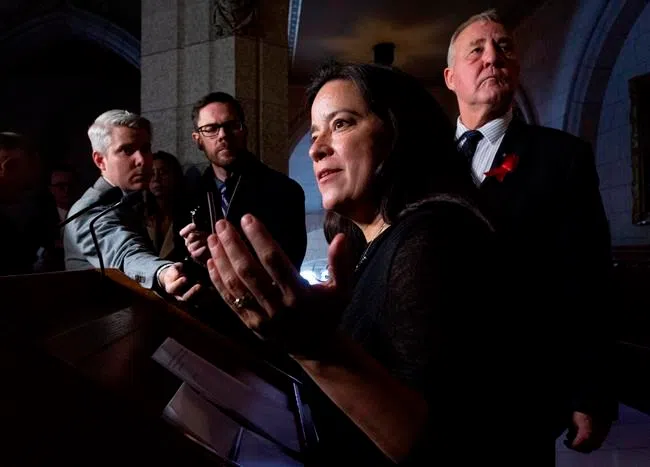
Liberals defend new powers to demand roadside breath samples
OTTAWA — Federal ministers are playing down the potential for racial profiling and civil-rights violations as they tout a strict new law intended to curb drunk driving.
Mandatory alcohol screening that takes effect Dec. 18 will allow police to demand a breath sample from any driver they lawfully stop — a lower bar than the current threshold, which requires reasonable suspicion the person has been drinking.
The roadside test could justify further investigation, including more elaborate testing at a police station.
The government says the aim is to reduce carnage on the roads by helping police catch drivers with more than the legal limit of alcohol in their bloodstreams.
